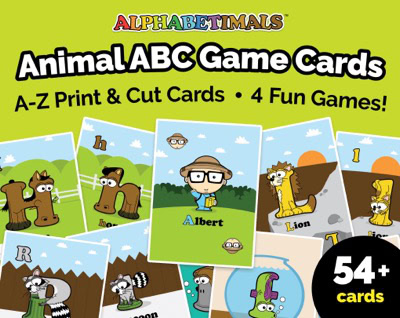
Baboons are clever and social animals that live in big groups called troops. They have big faces, strong bodies, and long tails. Baboons like to spend time both on the ground and in trees. They are very curious and use their hands to explore and find food. Kids will love learning about how baboons live and play in the wild!
Watch a Baboon in Action!
See how baboons climb trees, play, and take care of each other in this fun video.
What Is a Baboon?
Baboons are large monkeys with:
- Long, dog-like faces
- Strong arms and legs for climbing and running
- Big teeth to help them eat many kinds of food
- Long tails that help with balance
- Very smart brains for solving problems and talking with other baboons
Where Do Baboons Live?
Baboons live in parts of Africa and the Arabian Peninsula. They like places such as:
- Grasslands where they can run and play
- Woodlands with lots of trees to climb
- Mountains and rocky areas where they find shelter
What Do Baboons Eat?
Baboons are omnivores, which means they eat both plants and animals. They like to eat:
- Fruits and berries
- Leaves and roots
- Insects like ants and termites
- Small animals like birds and rodents
How Big Is a Baboon?
Baboons can be about as long as a school backpack, from head to tail. They weigh as much as a big dog.
- Length: 20 to 34 inches (50 to 85 centimeters)
- Weight: 40 to 90 pounds (18 to 41 kilograms)
What Sound Do Baboons Make?
Baboons make lots of sounds to talk to each other. They bark, grunt, and sometimes scream when they are excited or scared.
Cool Baboon Facts
Baboons are fascinating animals! Here are some cool facts:
- Baboons live in troops that can have more than 100 members.
- They are very good at using their hands to pick up tiny things.
- Baboon babies hold on tightly to their mom’s fur when moving around.
- They have special teeth called canines that help protect them.
- Baboons groom each other to stay clean and be friends.
- They can run as fast as a car driving 30 miles per hour (48 kilometers per hour).
- Baboons use facial expressions to show how they feel.
- Some baboons can live up to 30 years in the wild.
Printables and Coloring Fun
Enjoy some fun activities with baboons!
Baboons in the Eco-System
Baboons help keep nature healthy by:
- Eating insects that can harm plants
- Spreading seeds by eating fruits and dropping seeds in different places
- Being food for bigger animals like lions and leopards
- Living in large groups that help protect each other
- Most baboon species are not endangered, but some groups face dangers from habitat loss
Ask a Grown-Up to Help You Learn More
Here are some great websites with more fun facts about baboons:
Fun Questions About Baboons
Baboons are friendly with other baboons in their group, but they can be cautious around people.
Yes, baboons are very good climbers and often rest in trees.
Baby baboons are small and have soft fur. They hold tightly to their mom.
No, baboons live in big groups called troops.
Baboons can run up to 30 miles per hour.
They bark, grunt, and sometimes scream to talk to each other
Ways to Donate and Support Baboons
People can help protect baboons by supporting wildlife groups that care for their homes and keep them safe. You can help too by learning about baboons and sharing what you know with friends!
Sources: Wikipedia, Live Science, Creative Commons, Britannica.com and Freesound.org

Alphabetical list of animals that start with B
A full alphabetical list of popular animals that start with the letter B for toddlers and preschool kids.
- Baboon
- Badger
- Bandicoot
- Barnacle
- Barracuda
- Bass
- Bat
- Bear
- Beaver
- Beetle
- Bison
- Blackbird
- Blue Whale
- Boa
- Boar
- Bobcat
- Bullfrog
- Bumble Bee
- Butterfly
Which one should be the next Alphabetimal? Let us know on our facebook page.
All animals A-Z
Animal phonics alphabet
Animals that start with common phonics digraphs
Animal facts for kids
Other animal collections
Try our Printable Alphabet Worksheets! Download a FREE SAMPLE or preview all 200+ on Etsy.com or TeachersPayTeachers.com



